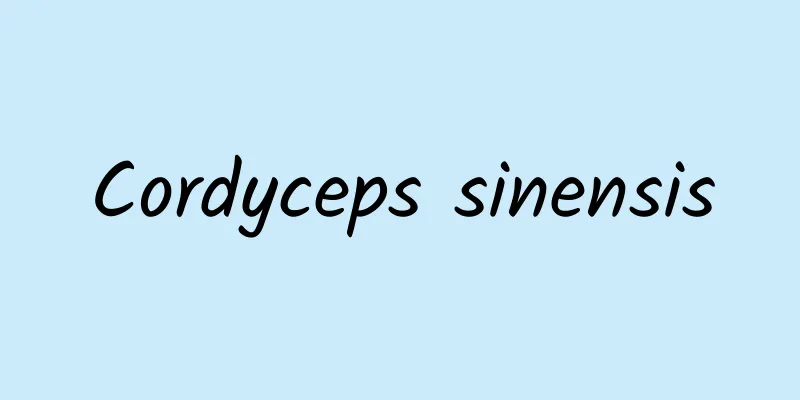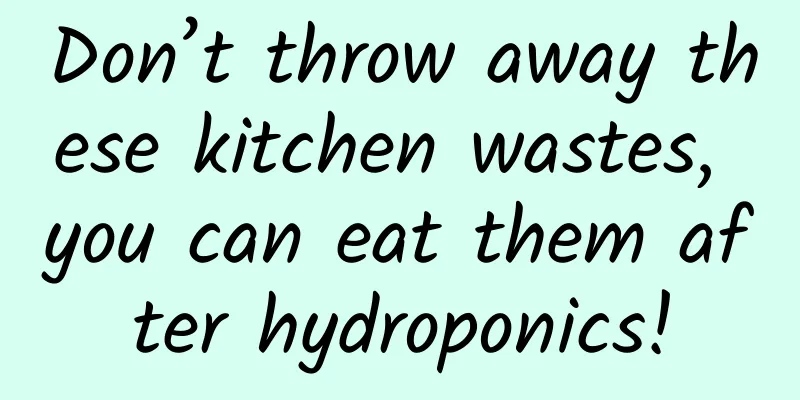Cordyceps sinensis

|
There are substantial differences between cicada fungus and cordyceps. Cicada fungus is not a bacterial body formed by the parasitism of Cordyceps sinensis, but a complex of spore stalks and insect bodies that grow from the parasitic bacteria of the ergot family Cicadae sinensis on the larvae of the Cicadidae insect cicada (also known as cicada monkey). So, what is the difference between Cordyceps sinensis and Cordyceps sinensis? Let's have a simple understanding of this issue. I hope the following points will be helpful to everyone! What is the difference between Cordyceps sinensis and Cordyceps sinensis? Synonyms Insect flower (Sichuan), cicada grass. Appearance of cicada fungus: The body of cicada fungus is white or yellowish when fresh, with a large and thick head, rod-shaped, white tip, and dark brown after drying, about 1-1.5 cm long. Most of the insect bodies are coiled by gray-white fungi. The fungi on the insect body are relatively developed and are inseparably clustered together to produce spores. The fungus is oblong in shape, 3 cm long and 1-1.4 cm thick. The fruiting body grows in the yellow-brown fungus, extending from the head of the insect body out of the soil layer. The stroma are scattered, many-branched, usually 3-4 in number, and antler-shaped. Some of the stroma are rod-shaped, about 4-10 cm long. The stipe is long and slender, erect, or curved. After the insect body is broken, it can be seen that the insect body is filled with light pink or milky white soft substance with a slight fragrance. The difference between it and Cordyceps is that the body of cicada fungus is soft and not firm enough. The taste is not as fishy as Cordyceps. Poria cocos efficacy Cicada fungus is sweet and cold in nature. It has the effects of extinguishing fire, evacuating wind, cold and heat, calming the nerves and spasms, clearing the eyes and relieving rashes, and nourishing the body and maintaining health. difference There are substantial differences between Cordyceps sinensis and Cordyceps sinensis. The two have different bacterial strains, different host insects, different growth areas, and different appearances and functions. It can be said that Cordyceps sinensis and Cordyceps sinensis are two kinds of microorganisms, with nothing in common. |
Recommend
Hearing the Voices of Our Cretaceous Ancestors from Our Middle Ears
Humans can have such sensitive hearing because of...
What is the use of smilax glabra
Tu Fuling is a Chinese herbal medicine with a rel...
The efficacy and function of madder vine
Rubia cordifolia is a traditional Chinese medicin...
The goldfish has been wronged for so long, will it really eat to death?
Goldfish don’t die from being “overfed”, they die...
The efficacy and function of Hubei Begonia
Hubei Begonia is a relatively familiar traditiona...
What Chinese medicine can dredge breast
Traditional Chinese medicine can be used to dredg...
The Gansu earthquake also triggered another disaster...
At 23:59 on December 18, a 6.2-magnitude earthqua...
Fast forward again on your phone! Can long-term use of high-speed video be harmful to the brain?
In the fast-paced modern life, playing videos at ...
Non-aviation revenue: How do airports promote passenger spending through various means?
Two years after the outbreak of the COVID-19 pand...
What are the effects and functions of honeysuckle vine
Honeysuckle vine is one of the nicknames of honey...
What are the effects and functions of Trichosanthes?
Radix Trichosanthis is actually the root of a pla...
What are the effects and functions of Chinese herbal medicine parasitism
Of course, parasites can be used as medicine in t...
Using the gravity of a planet to fling a probe out? The magic of the "gravitational slingshot"
In the setting of "The Wandering Earth"...
What are the effects and functions of roasted Shouwu and how to eat it?
I believe that many people are relatively familia...
Is fennel a food that causes allergies?
Many people take a lot of supplements to suppleme...









